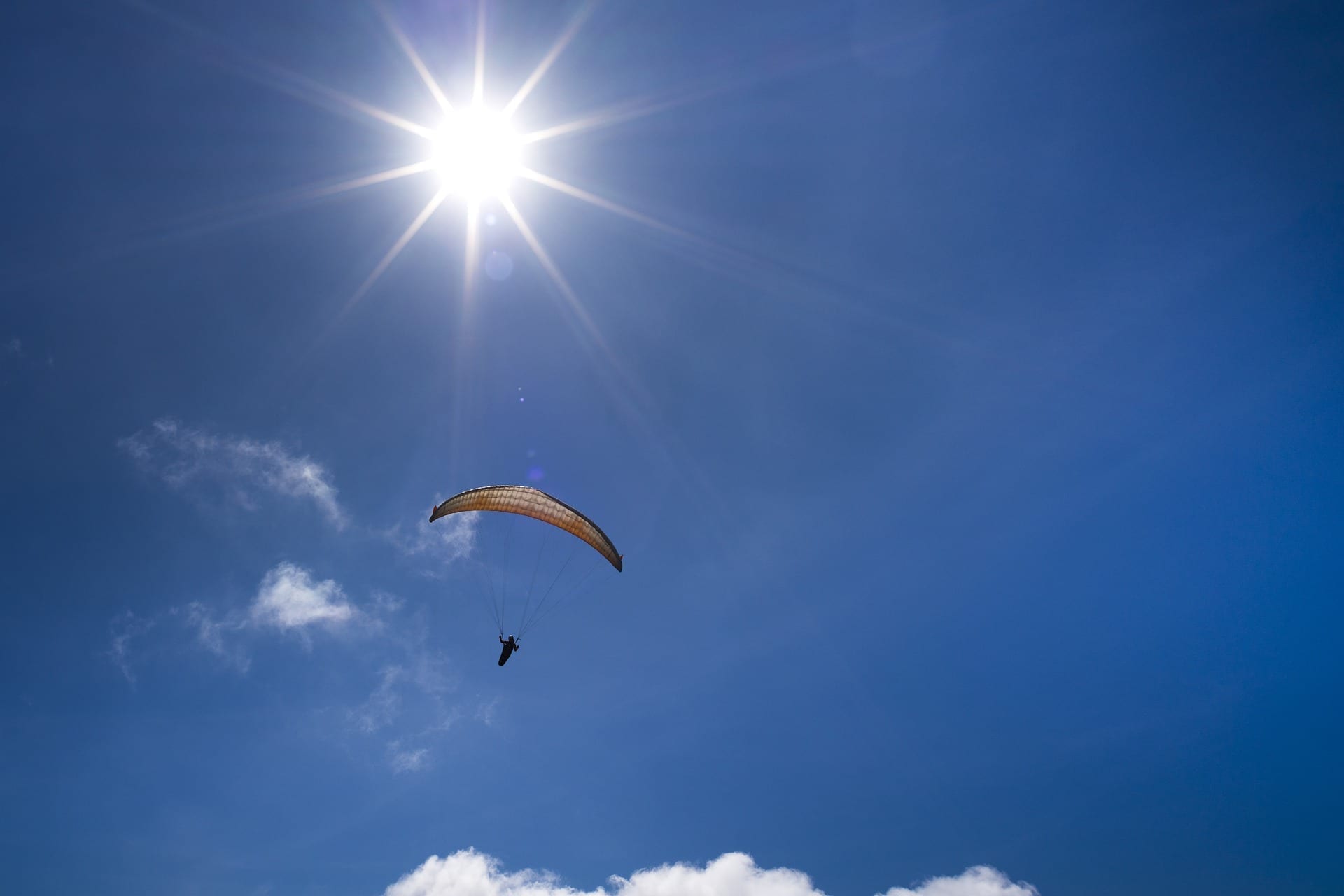A skydiver injured in a crash near Chickasha, OK, was awarded $760,000 in compensation and damages after arguing her case in front of a federal judge.
Makenzie Wethington had long dreamt of being able to dive through the skies. For years, she’d asked her parents to pay for a trip as a high school graduation present. Eighteen is the minimum age Texas sets for solo sky dives, and Wethington could hardly wait to graduate and embark on an adrenaline-filled adventure.
When she found out that neighboring Oklahoma sets the bar for solo jumpers at 16, she knew she wouldn’t be able to hold off. Wethington begged her parents to take her to the Pegasus Air Sports Center in Chickasha, where she could set out of a plane alone.
After undergoing a brief training session, Makenzie, her trainer, and a group of experienced and aspiring skydivers alike ascended into the sky aboard a small airplane.
Her father, who had made the drive with her, was the first to jump. She followed. Her trainer, Pegasus Air Sports owner Robert Swainson, 70, didn’t follow. Another customer had gotten cold feet; protocol determined that he not follow.
On the way down, Wethington’s parachute malfunctioned and sent her into an uncontrolled spiral. The lawsuit alleges the equipment she’d been given was almost 30 years old and wasn’t appropriate for a person of her size and stature.
Swainson says she panicked and didn’t follow the instructions he gave her over the radio.
Nearly 3,400 feet in the air, Wethington careened and spiraled at high speeds back to Earth. She somehow managed to survive. Taken to the hospital afterward, doctors determine that she’d injured her kidneys and liver upon impact. Her brain was bleeding and she’d also broken her pelvis, shoulder blade, lumbar region of the spine, and several ribs upon impact.
A trauma surgeon who treated her said he has no idea how she survived.
The owner of Pegasus contended in court that the accident was fully avoidable. Watching from above, he said Wethington’s parachute had opened but was experiencing what he called a “slight turn.” If she’d paid closer attention in the five-hour instructional class preceding the jump, he said, she could have succeeded in gliding to the ground without any great difficulty.
“There are other things you can do to stop the turn, but she didn’t do anything,” Swainson said. He’d been voicing instructions into a radio with an audio feed in her helmet. “I think she just panicked.”
The Dallas News gives reference to a Federal Aviation Administration report from June 2014, which found there to be no problems with Makenzie Wethington’s parachute – it was, so far as they could tell, in good condition.
Swainson closed Pegasus Air Sports, but said the shuttering was intentional and planned – Swainson, who is now 70, retired to move to the United Kingdom.
Despite the FAA’s findings, the federal judge overseeing the case ruled in favor of Wethington, ordered the former owner of Pegasus to pay $400,000 for “past and future pain and suffering” and $350,000 for “mental pain and suffering.” An additional $10,000 was also granted for possible future medical expenses.

In the ruling, the judge accepted Wethington’s allegation that the training provided by Swainson was “inadequate and the parachute assigned to her was too small and fast for a person of her young age and relative inexperience.”
In a November 2014 deposition, Swainson testified that a “couple dozen” of jumpers have been injured in the 30 years Pegasus had been in business. A former jumper, Jeremy Morrow, said in a 2015 deposition that has chute “tangled for a little bit” after jumping and that the techniques suggested by Swainson didn’t work.
Nevertheless, Swainson contended that Wethington’s suit had no merit and that she effectively “injured herself.”
Sources
Injured sky diver awarded $760,000 in negligence lawsuit
Texas teen who survived 3,000-foot fall in sky diving accident wins $760,000 in lawsuit


Join the conversation!